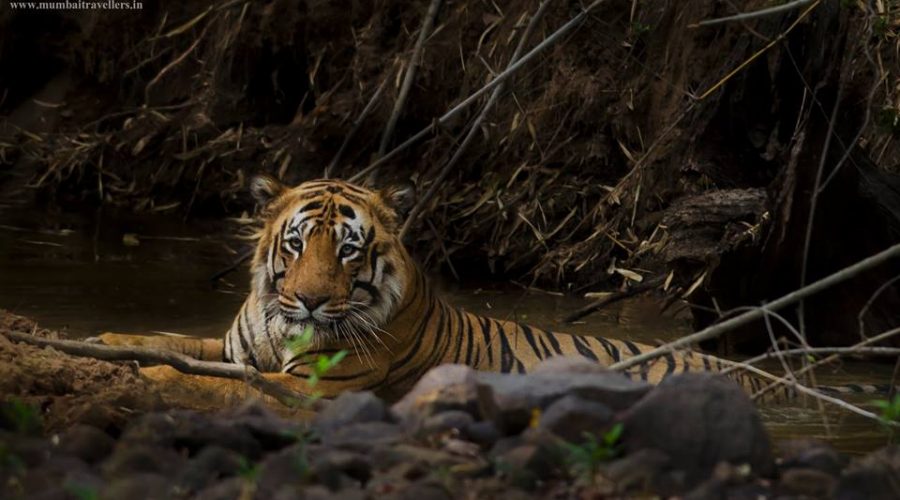The word ‘wildlife’ not only talks about wild animals but also takes into consideration all untamed living creatures including birds, insects, plants, molds and even miniscule organisms. For sustaining a healthy ecological balance on planet, wildlife is as valuable as humans. Each creature on earth has a distinctive place in food cycle that aids in contributing to the ecosystem in its own different way.
But unfortunately, today many of the animals and birds are getting threatened. The natural habitations of flora and fauna are being ruined for land development and agri-business by humans. Poaching and blood sport (hunting) of animals for commercial use such as fur, jewellery, meat and leather are other major factors leading to wildlife extinction.
If shortly, no stern steps are taken to protect wildlife, it will not be long when they would get a place simply on the list of “extinct” species. And that would not be all! The loss of wildlife species will surely have a serious impact on human race too. So, for us as responsible humans, it becomes a great concern to protect the wildlife, our earth and most prominently, our human race.
Here are top 5 reasons that will provide you an in-depth understanding why wildlife plays such a significant role in maintaining an ecological equilibrium on earth:
1. Healthy Eco-system
The eco-system is all about associations between diverse organisms linked through food webs and food chains. Even if a one wildlife species gets extinct from the eco-system, it would disturb the entire food chain ultimately leading to devastating results. Thus, saving wildlife plays a significant role in ensuring the safety on the ecological balance. Thus, keeping a healthy eco-system is need of the hour.
2. Medicinal Value
A wide range of plants and animal species are made use of to benefit humans in some way or the other. Majority of these medications such as aspirin have been extracted from uncultivated plants. If we talk about the earliest medicinal books of Ayurveda, it has also been utilizing extracts and liquids from numerous plants and herbs for the treatment of problems like diabetes, high blood pressure and many other neurological issues ever since centuries.
3. Agriculture
We largely depend on agricultural crops and vegetation for our food requirements. Are you aware that wildlife plays an important part in development of these harvests? If not, let’s get familiar to this concept. The fruits and vegetables that we derive for consumption from plantations are an outcome of a process known as “pollination”, a reproduction system in plants in which the pollen grains from male flower is transported to the female flower, resulting in formation of seeds. Well, for the cross-fertilization to happen, birds, bees and insects that are few of the smallest
possible species on earth, play a vital role. It is via these insects and birds that the process of pollination happens.
4. Clean Environment
Furthermore, Wildlife plays a major role in keeping the environment clean, fresh and healthy. Many micro-organisms, fungi, bacteria, molds, yeasts and earthworms survive on plant and animal wastes, further putrefying them and discharging their chemicals back into the soil. Thus, refilling it with nutrients which in turn, are shifted up by roots of plants supporting them to cultivate and develop.
5. Recreation
Have you ever questioned where you will go for wildlife safaris, environment photography and bird watching if there are no reserves like Tadoba National Park and Pench Tiger Reserve? Where will you go fishing and harpooning if no fishes are remaining and rivers or in the most horrible case scenario, these water bodies vanish owing to deforestation ensuing in hotter climates?
With humans distressing nature at such a speed, it will be soon when we will have only restricted choices for recreation activities. If we don’t initiate thinking about saving the wildlife now, there will be a time when we will be not be able to take our children to zoos, biological parks and wildlife sanctuaries to have a sight at these striking animals and birds.

